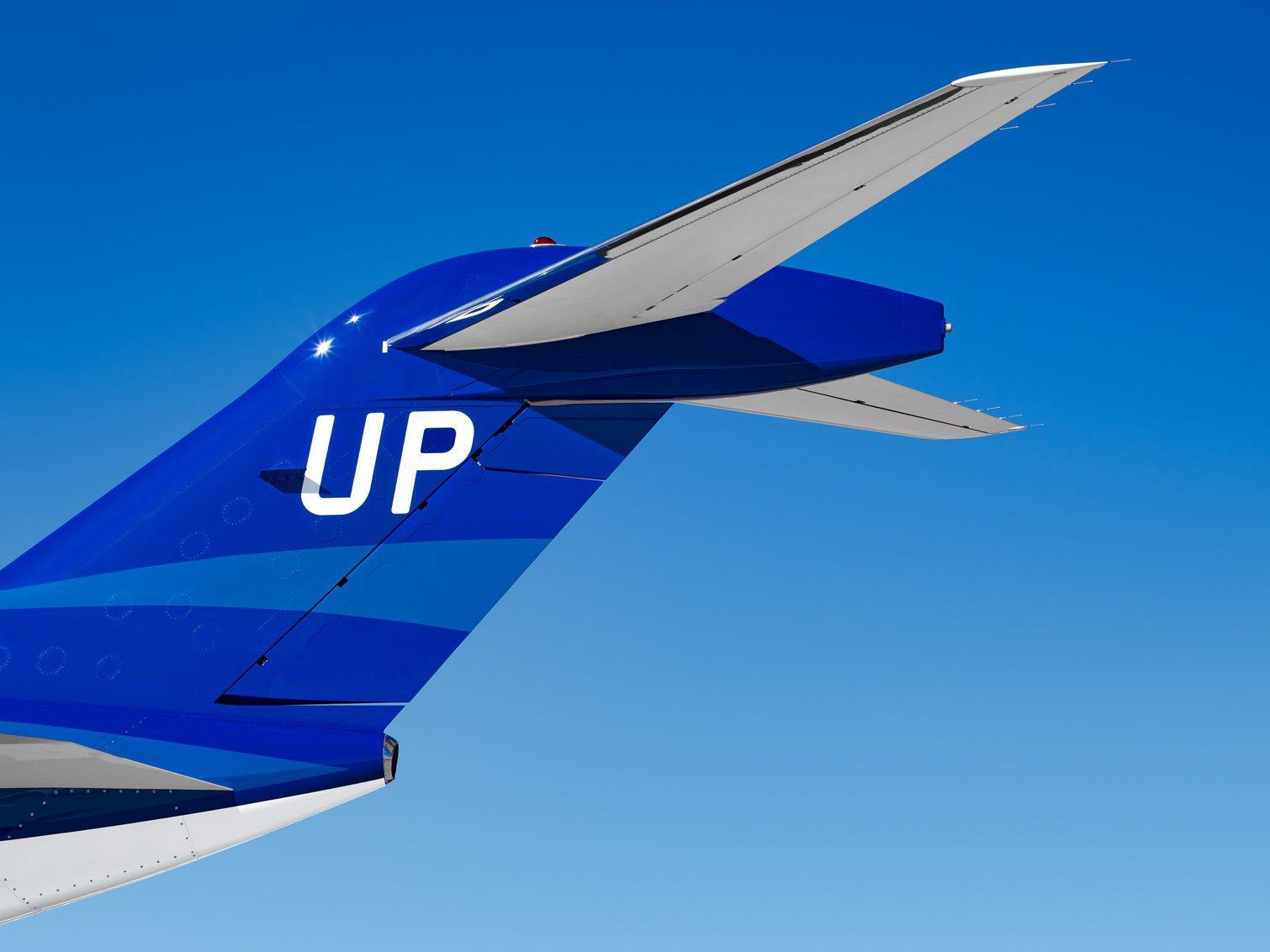
Smarter email, faster business. Auto-tag, parse, and respond to RFQs, quotes, orders, and more — instantly.
Trending Now:
Deutsche Aircraft Unveils First D328eco Test Plane
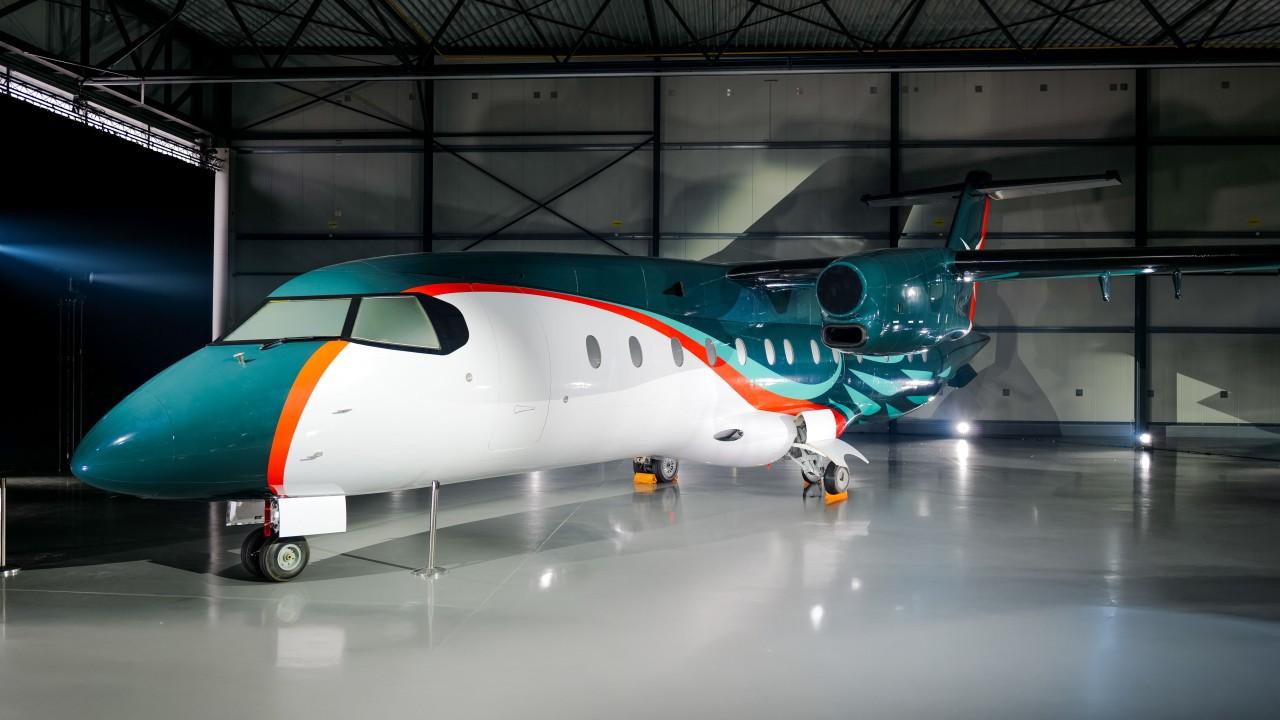
Deutsche Aircraft Unveils First D328eco Test Plane
Deutsche Aircraft has revealed its inaugural D328eco test aircraft, designated TAC 1, at its headquarters on the Airtech Campus in Oberpfaffenhofen. This event marks a pivotal moment in the company’s efforts to advance sustainable regional aviation. The rollout signifies a shift from the design phase to practical testing and industrialisation, highlighting Deutsche Aircraft’s dedication to innovation, decarbonisation, and enhanced connectivity within the regional air travel sector.
Evolution of a Proven Platform
The D328eco represents a modernised iteration of the Dornier 328, a regional aircraft with a distinguished operational history spanning more than thirty years. Rather than developing an entirely new design, Deutsche Aircraft has chosen to build upon the established platform of its predecessor. The updated model promises improved fuel efficiency, reduced emissions, and greater passenger comfort. These enhancements are intended to address the increasing demand for environmentally responsible regional air travel solutions, while maintaining the durability and operational flexibility that airlines have long valued.
Nico Neumann, co-CEO of Deutsche Aircraft, emphasised the significance of this milestone, stating, “The rollout of our first test aircraft marks a significant achievement in the D328eco programme and an important step towards our physical flight test activities. This milestone represents our transition from conceptual design to practical testing and industrialisation. At Deutsche Aircraft, we are proud to introduce an aircraft with the proven DNA of the Dornier 328, enhanced for better efficiency, reduced emissions and a superior customer experience, making it an optimal choice for regional operators worldwide.”
Progress and Challenges Ahead
The unveiling follows the initial fuselage cut announced at the Farnborough International Airshow in July 2024. Since that announcement, the D328eco programme has steadily advanced, moving closer to its objective of delivering a more efficient and sustainable aircraft tailored for regional markets.
Despite positive market reception, particularly regarding its sustainability focus, Deutsche Aircraft faces significant challenges. Securing firm customer commitments remains a critical hurdle, as does competing with well-established regional aircraft manufacturers. Industry rivals are expected to respond by promoting their own environmentally friendly models, thereby intensifying the sector-wide emphasis on sustainability.
As the D328eco progresses toward flight testing, Deutsche Aircraft continues to position the aircraft as a forward-looking solution for regional air transport. The company aims to balance technological innovation with the practical requirements of operators, while addressing the growing imperative for environmental responsibility.
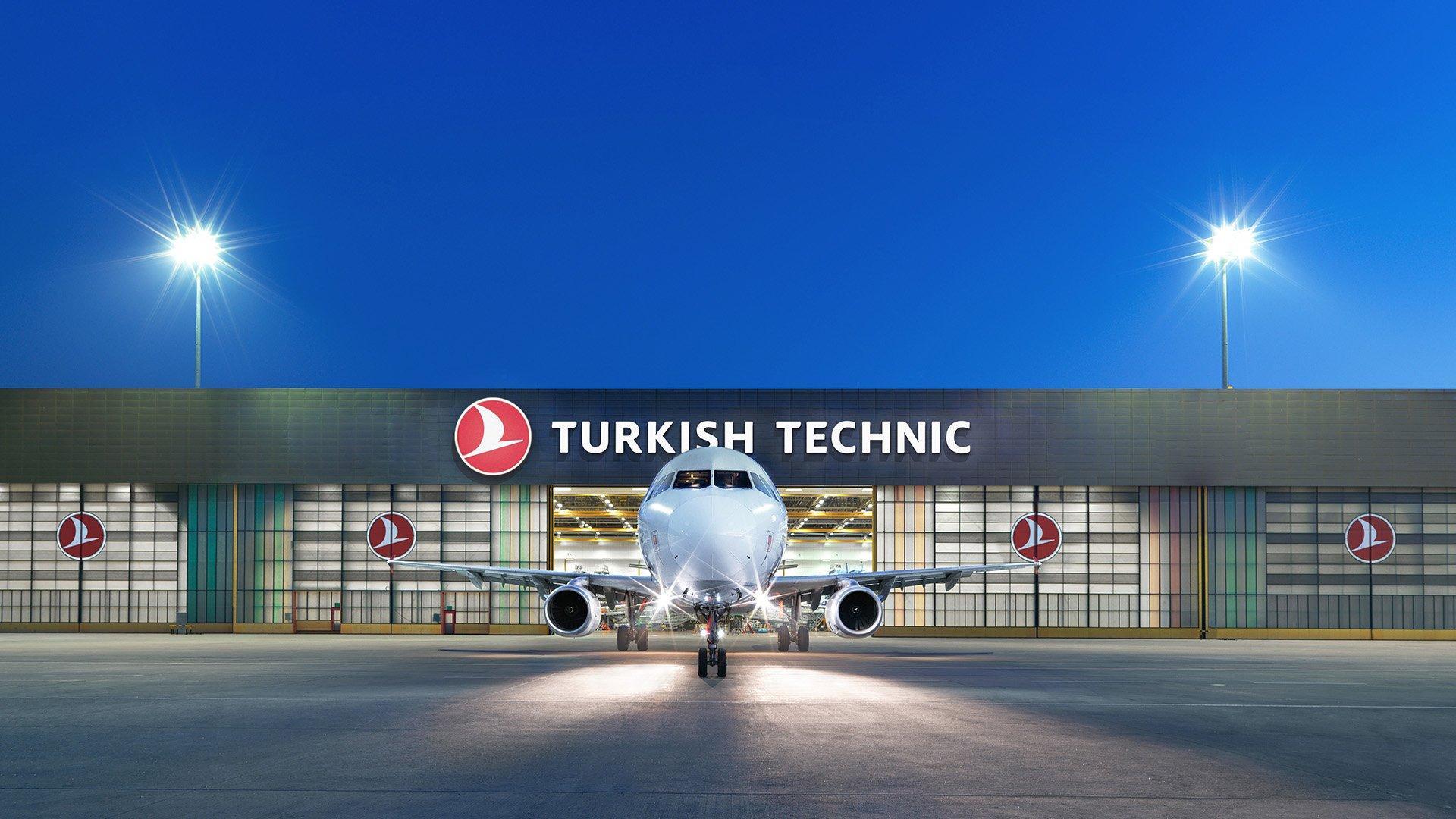
Turkish Technic and CFM Discuss Launching LEAP Engine Repair Hub in Istanbul
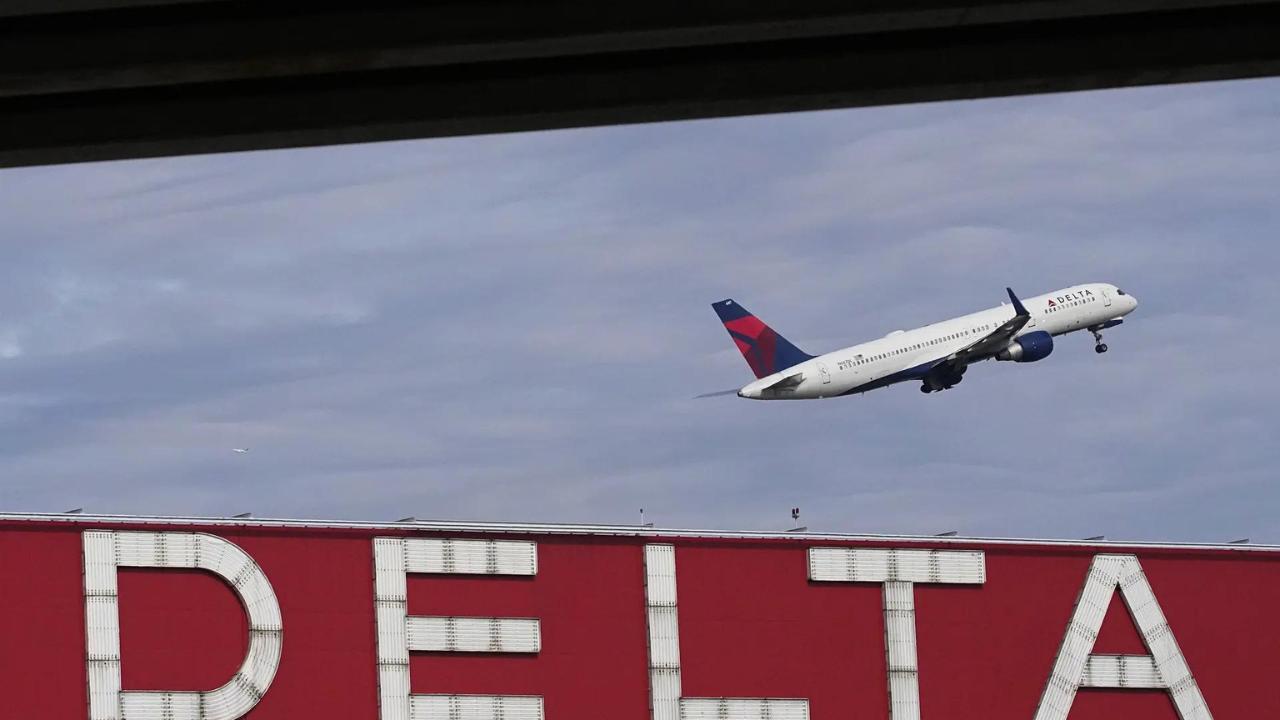
Delta Air Lines Opposes New Trump Tariffs on Aircraft Imports
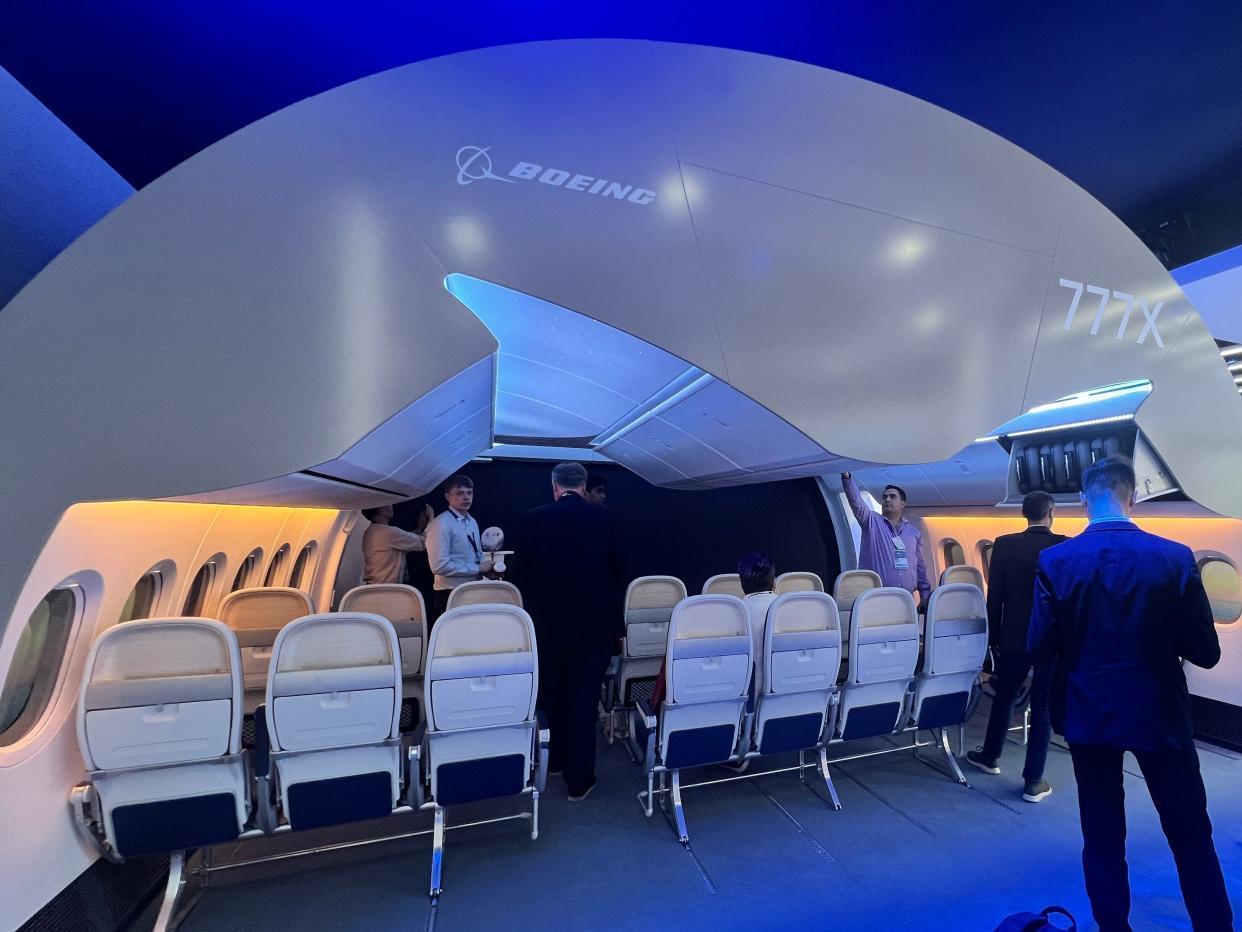
Airlines Poised to Benefit from the Boeing 777X
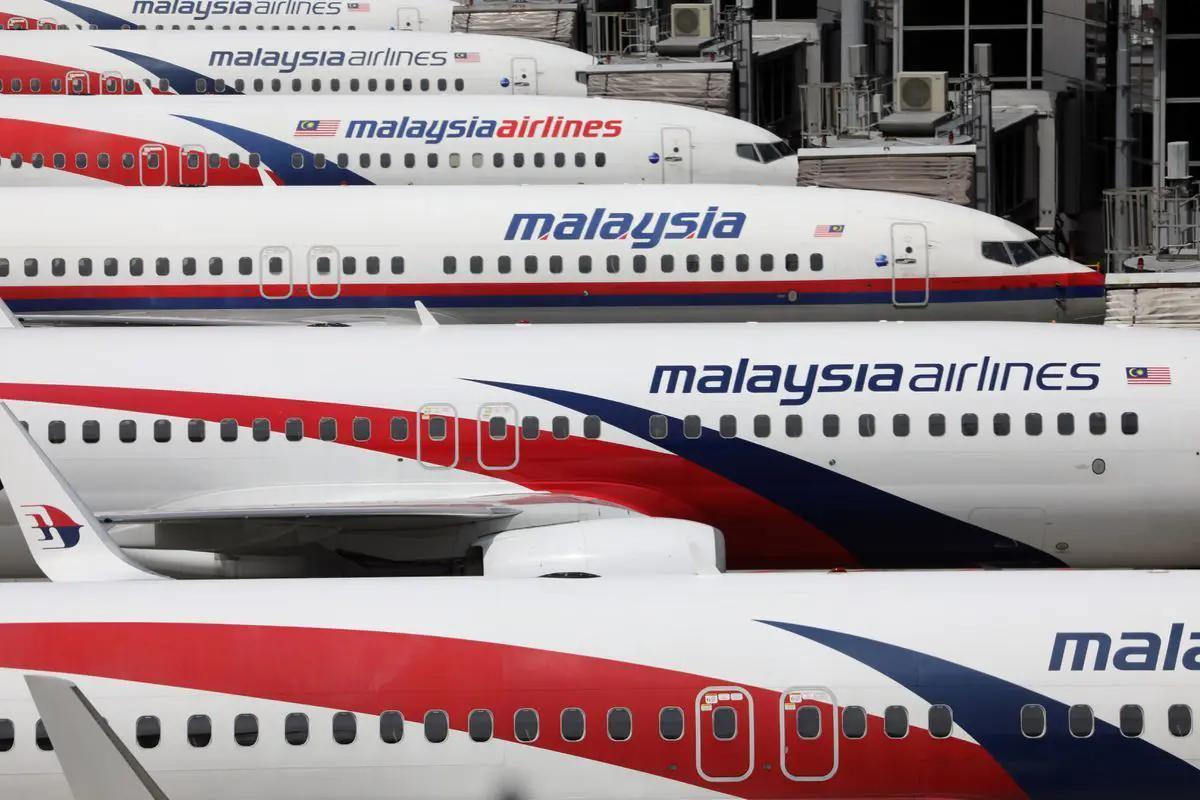
Malaysia Airlines Expands AI Partnership with Google
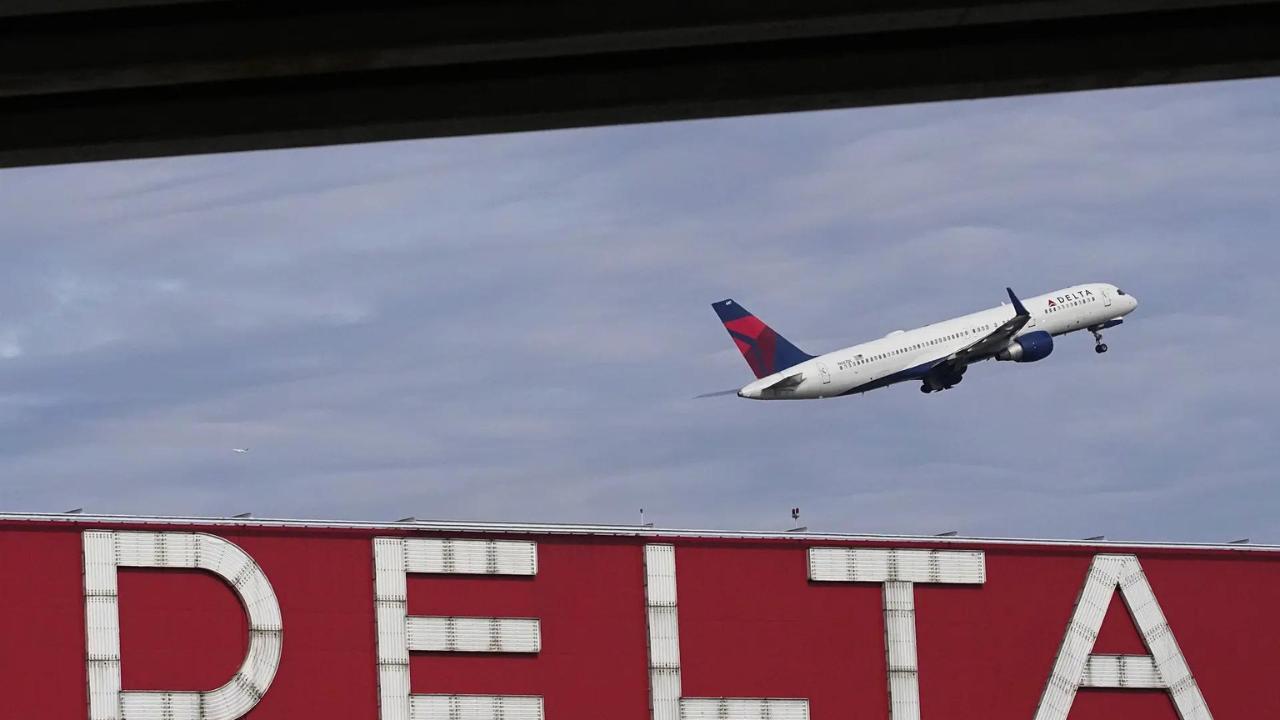
Delta Opposes Trump Administration’s Proposed Aircraft Tariffs
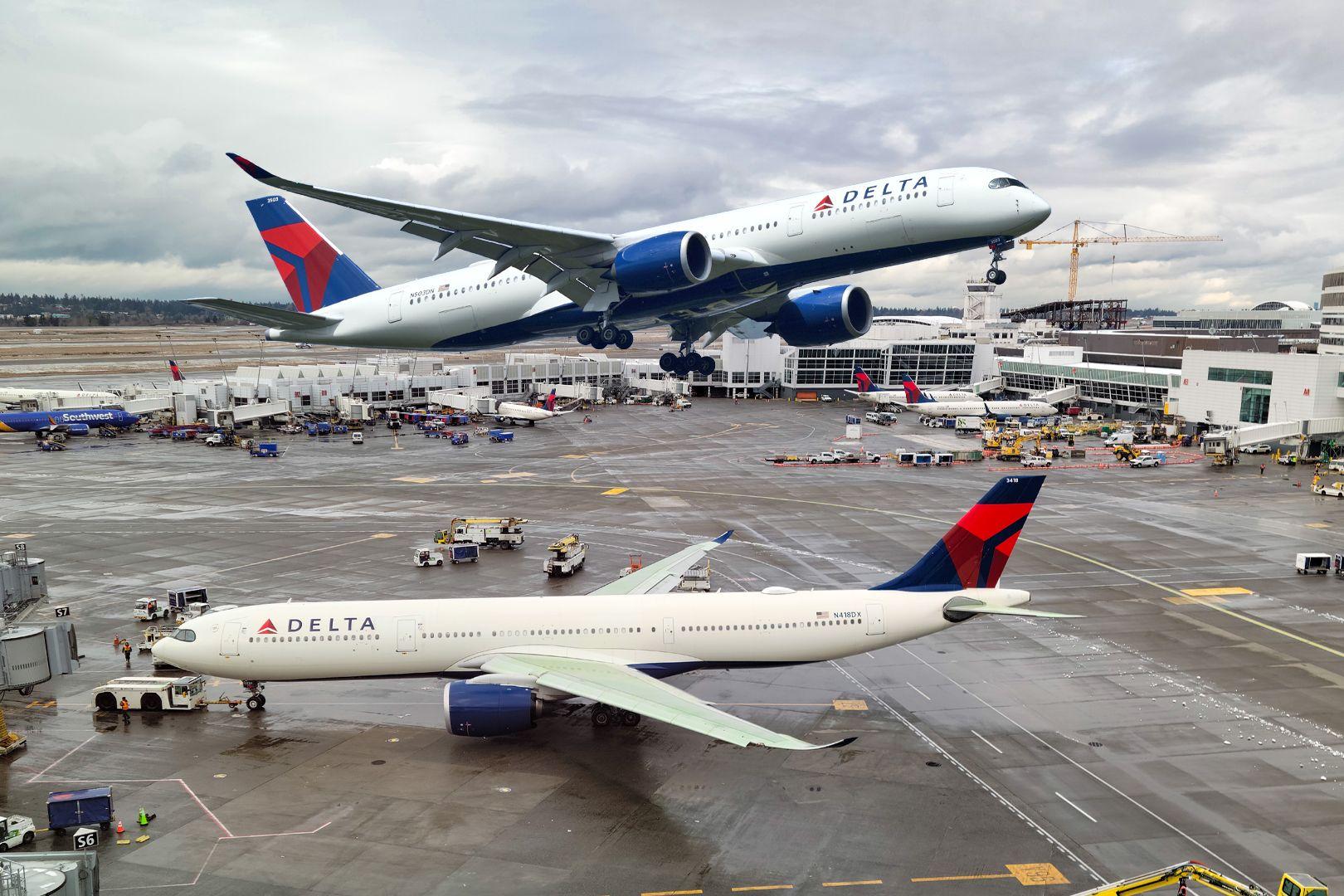
Delta Air Lines Says Tariffs May Threaten Airbus Orders and Flights
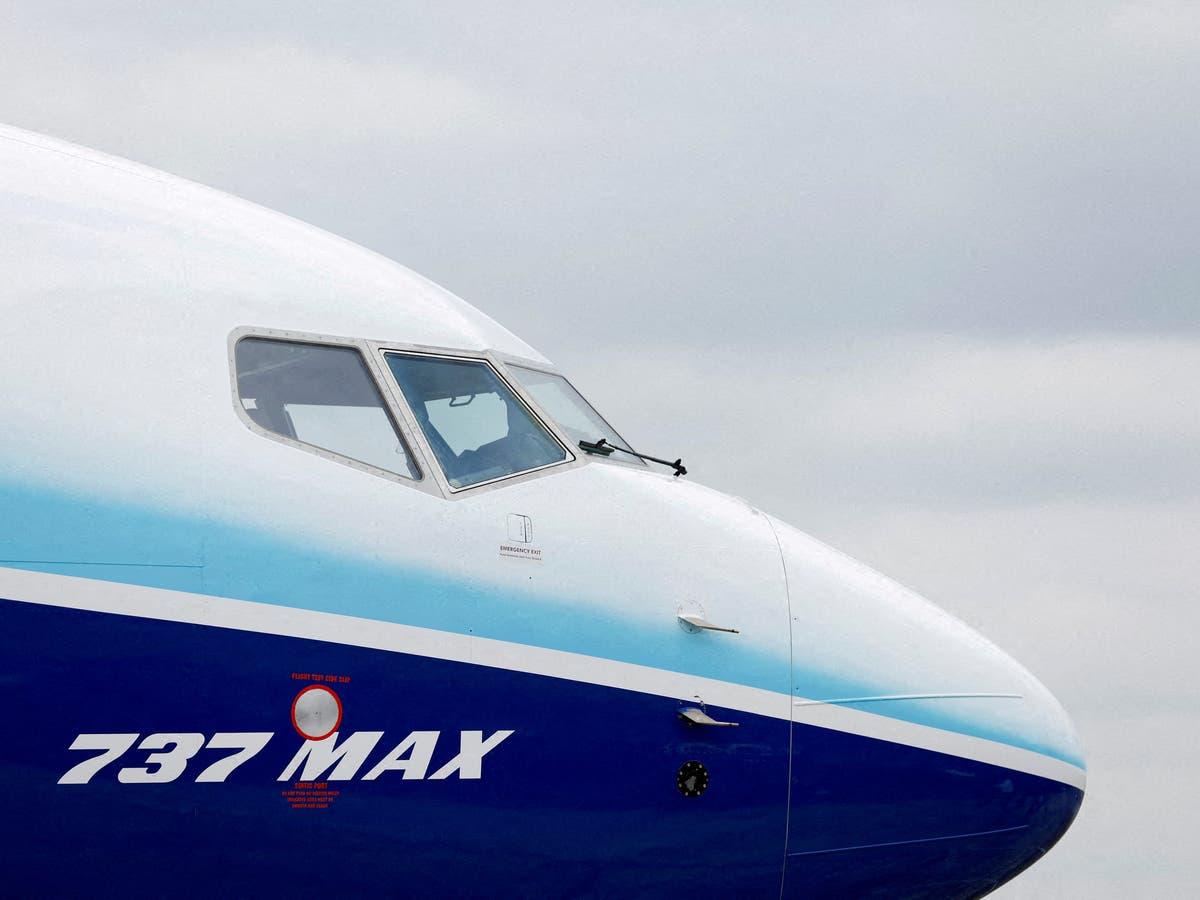
Boeing Plans to Resume Plane Deliveries to China Amid Easing Tariff Tensions
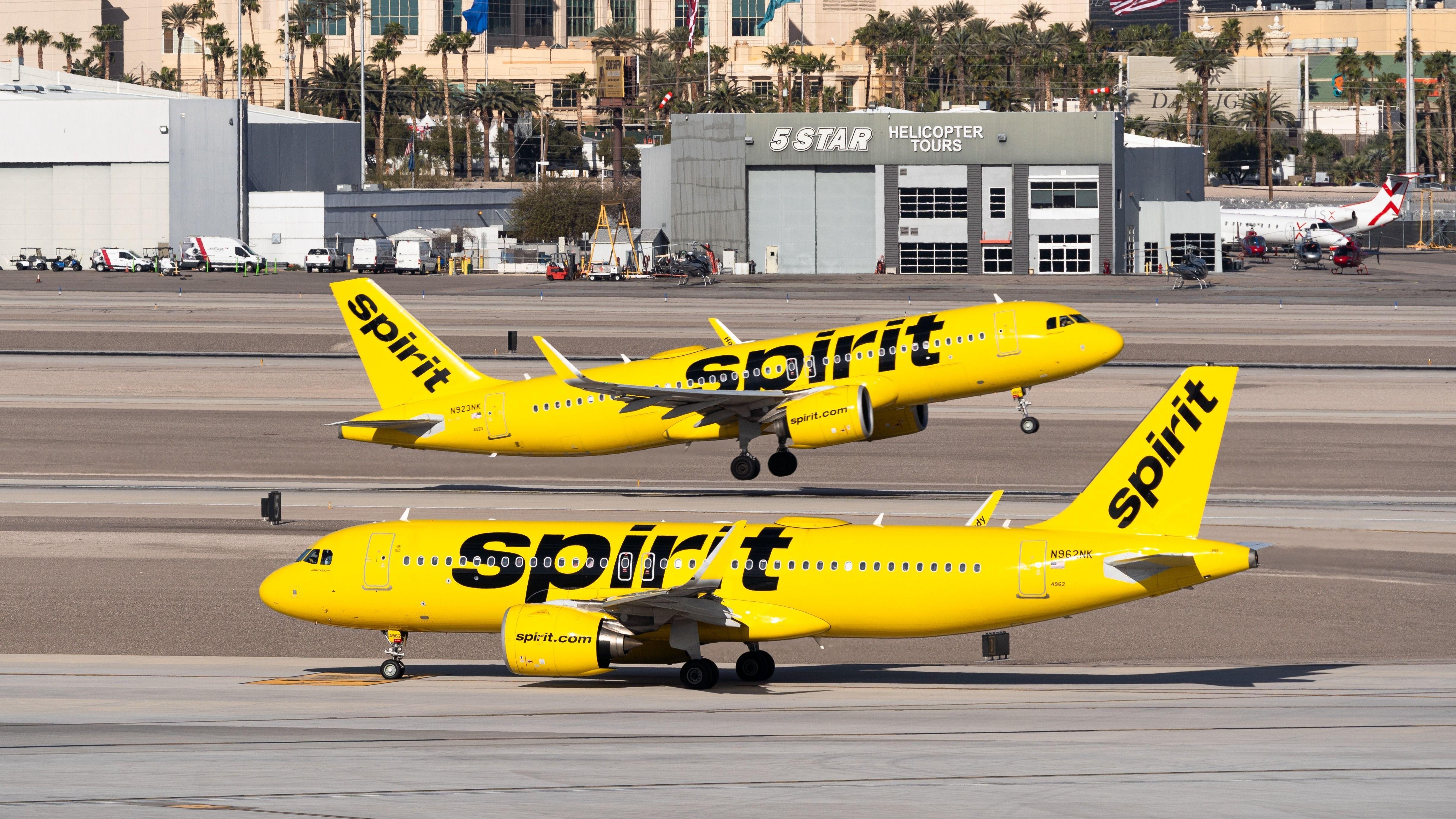
Tariffs Threaten Airbus Order from Spirit Airlines
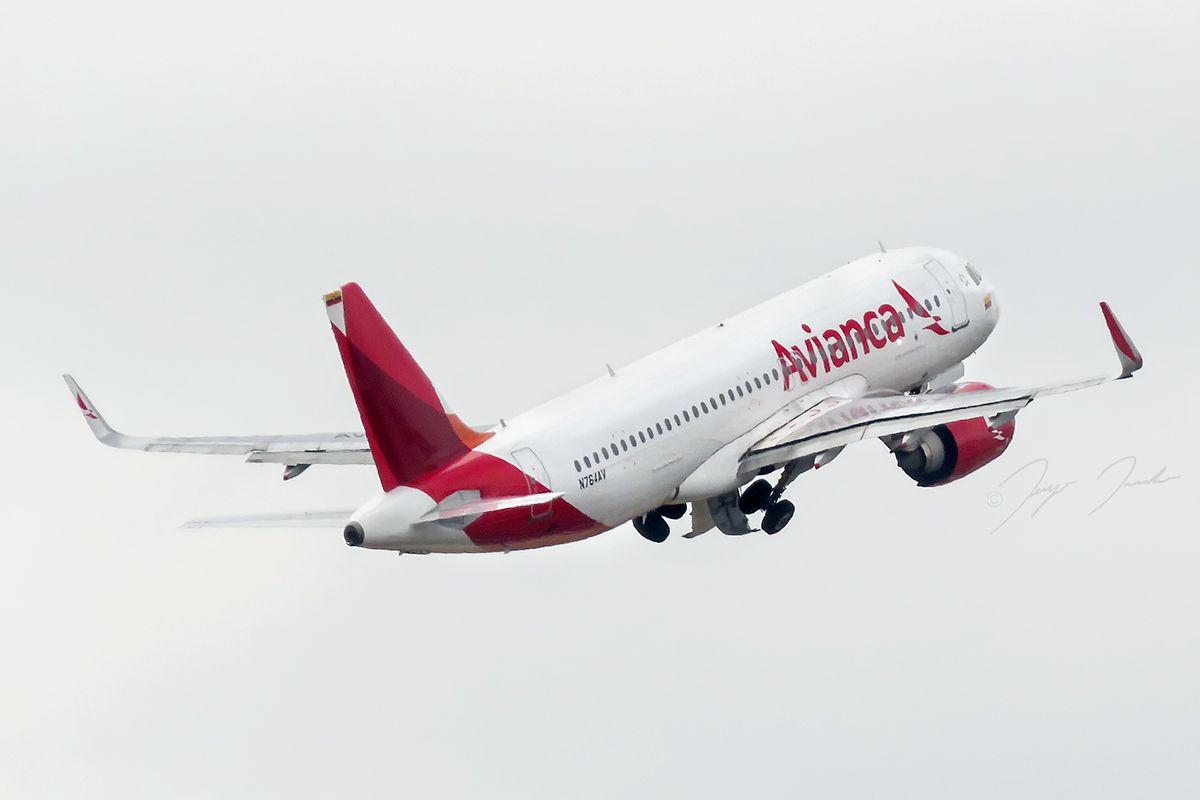
Avianca Airlines to Lease Nine Additional A320neo Aircraft
